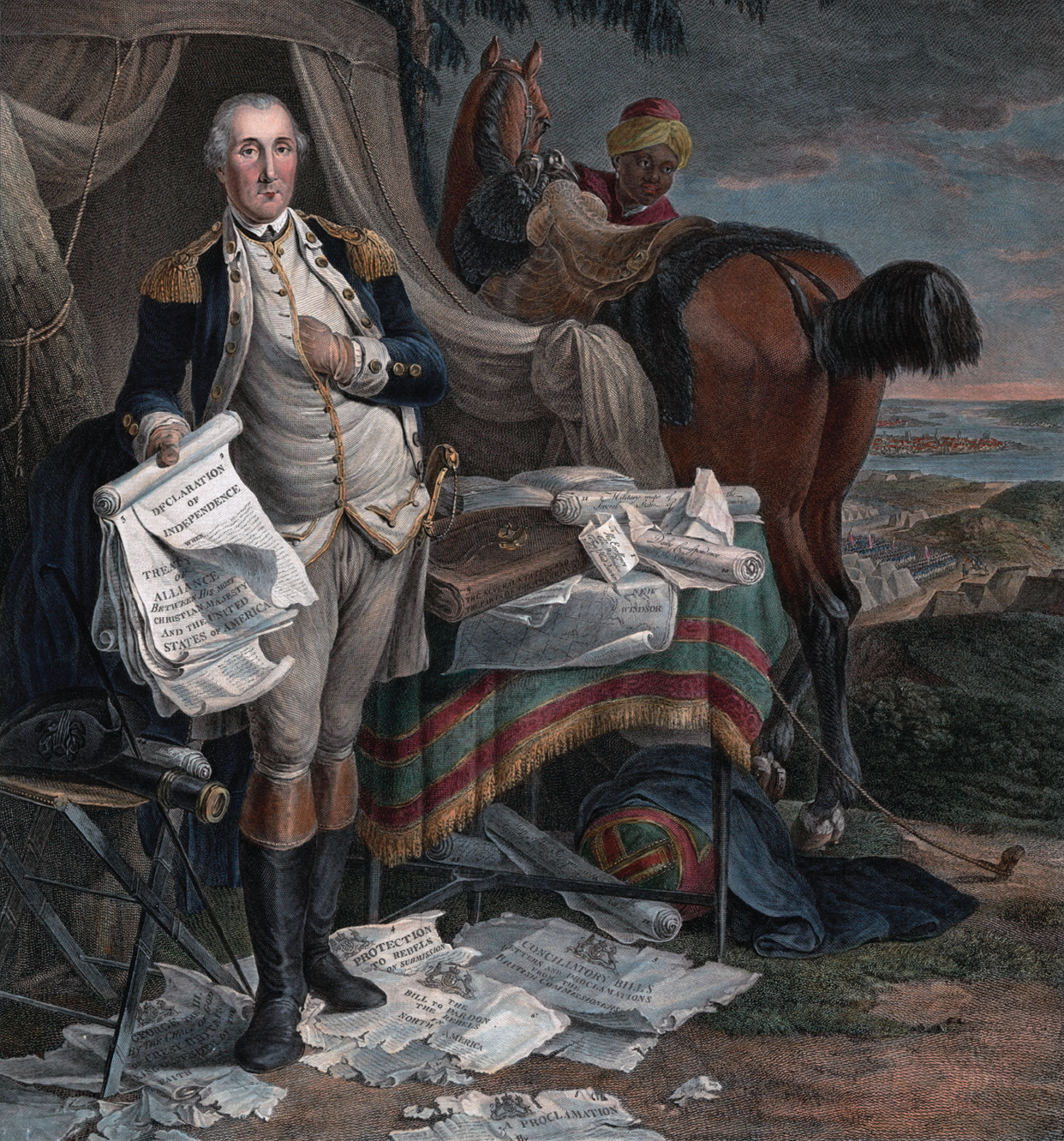America’s History: Printed Page 182
America: A Concise History: Printed Page 161
America’s History: Value Edition: Printed Page 158
Making War and
Republican Governments
1776–1789
6
CHAPTER
IDENTIFY THE BIG IDEA
How revolutionary was the American Revolution? What political, social, and economic changes did it produce, and what stayed the same?
When Patriots in Frederick County, Maryland, demanded his allegiance to their cause in 1776, Robert Gassaway would have none of it. “It was better for the poor people to lay down their arms and pay the duties and taxes laid upon them by King and Parliament than to be brought into slavery and commanded and ordered about [by you],” he told them. The story was much the same in Farmington, Connecticut, where Patriot officials imprisoned Nathaniel Jones and seventeen other men for “remaining neutral.” In Pennsylvania, Quakers accused of Loyalism were rounded up, jailed, and charged with treason, and some were hanged for aiding the British cause. Everywhere, the outbreak of fighting in 1776 forced families to choose the Loyalist or the Patriot side.

The Patriots’ control of most local governments gave them an edge in this battle. Patriot leaders organized militia units and recruited volunteers for the Continental army, a ragtag force that surprisingly held its own on the battlefield. “I admire the American troops tremendously!” exclaimed a French officer. “It is incredible that soldiers composed of every age, even children of fifteen, of whites and blacks, almost naked, unpaid, and rather poorly fed, can march so well and withstand fire so steadfastly.”
Military service created political commitment, and vice versa. Many Patriot leaders encouraged Americans not only to support the war but also to take an active role in government. As more people did so, their political identities changed. Previously, Americans had lived within a social world dominated by the links of family, kinship, and locality. Now, the abstract bonds of citizenship connected them directly to more distant institutions of government. “From subjects to citizens the difference is immense,” remarked South Carolina Patriot David Ramsay. By repudiating monarchical rule and raising a democratic army, the Patriots launched the age of republican revolutions.
Soon republicanism would throw France into turmoil and inspire revolutionaries in Spain’s American colonies. The independence of the Anglo-American colonies, remarked the Venezuelan political leader Francisco de Miranda, who had been in New York and Philadelphia at the end of the American Revolution, “was bound to be … the infallible preliminary to our own [independence movement].” The Patriot uprising of 1776 set in motion a process that gradually replaced an Atlantic colonial system that spanned the Americas with an American system of new nations.